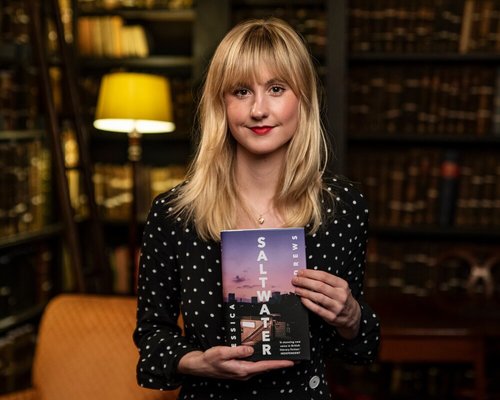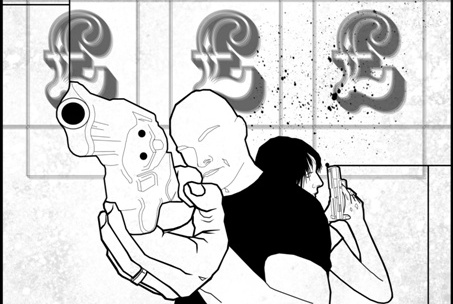We live in an increasingly polarised time. The gap between us as individuals has never felt more visceral. We spend hours on social media scrolling through algorithms designed to widen this gap, and we pay the price for their effectiveness: Brexit, the rising cost of living, heightened racial tensions, the gap between rich and poor. The list is endless.
While there are no easy solutions, if division is the virus, then can art – literature in this case – be a temporary cure?
Will Ashon’s latest book, The Passengers, comprises real-life stories and anecdotes of the people living in, or connected to, the British Isles. These are stories that many of us will recognise, including disastrous first loves, the first time driving a car, and cooking in the kitchen of a childhood home. But there are also harrowing experiences which document the struggles of British asylum seekers and those navigating immigration services.
At a time when much of the world seems increasingly divided, Ashon reminds us that the words of the late Jo Cox ring true. The MP, who was murdered in 2016, said that “we have more in common than that which divides us”.
 I bought a pack of Post-it notes when I started reading this book, intending to leave one on each corner of the pages telling the stories I was most moved by. This task soon became impossible. It seemed that every page contained an anecdote I saw myself in, or told a story so beautifully tragic I knew I had to mark it for reference later.
I bought a pack of Post-it notes when I started reading this book, intending to leave one on each corner of the pages telling the stories I was most moved by. This task soon became impossible. It seemed that every page contained an anecdote I saw myself in, or told a story so beautifully tragic I knew I had to mark it for reference later.
The first couple of accounts are small ruminations on life’s interconnectivity and river-like flow, containing only three sentences each. Story number nine is from someone working in waste management in London, a person who remains unmoved by politics because, regardless of what happens, they will always have to deal with rubbish. The book continues, taking the reader through the confessions of a speed demon, a heartbroken ex driving by their former lover’s house, and one man’s Google search for the meaning of his dreams.
Story number 90 is that of a man making travel plans. Should he fly out of New York City on September 10 or September 11? This was in 2001. Booking his ticket for September 10, he witnesses the fall of the twin towers on the TV screen in his local gym. He talks about how this mundane decision shaped his life, his thought process. This split-second decision is an anecdote for him now, albeit a painful and eerie one, but the global impact continues today.
Meanwhile, story 38 documents the life of an immigrant working in the UK. Mindful of the fact that this person’s first language isn’t English, Ashon’s decision to avoid the autocorrect, on this account and with other people’s stories, is a sound choice. The words are authentic, you can hear the man’s voice in your head as you read. His joy and pride at being “like European now” is palpable, and serves as a reminder that everyone is human, just trying to get by.
My dog-eared copy of The Passengers sits beside me as I write this, containing more than 100 stories of what it means to exist on this planet. There are no confusing words and convoluted sentences here. In Ashon’s book we can see clearly that humans are worthy of respect, love, and sympathy. We learn that they are capable of causing pain, feeling heartbreak, and of making mistakes. And we come away the better for this knowledge.
Words and images by Bethany Smith
 The Passengers by Will Ashon is published by Faber and is available to buy now
The Passengers by Will Ashon is published by Faber and is available to buy now











